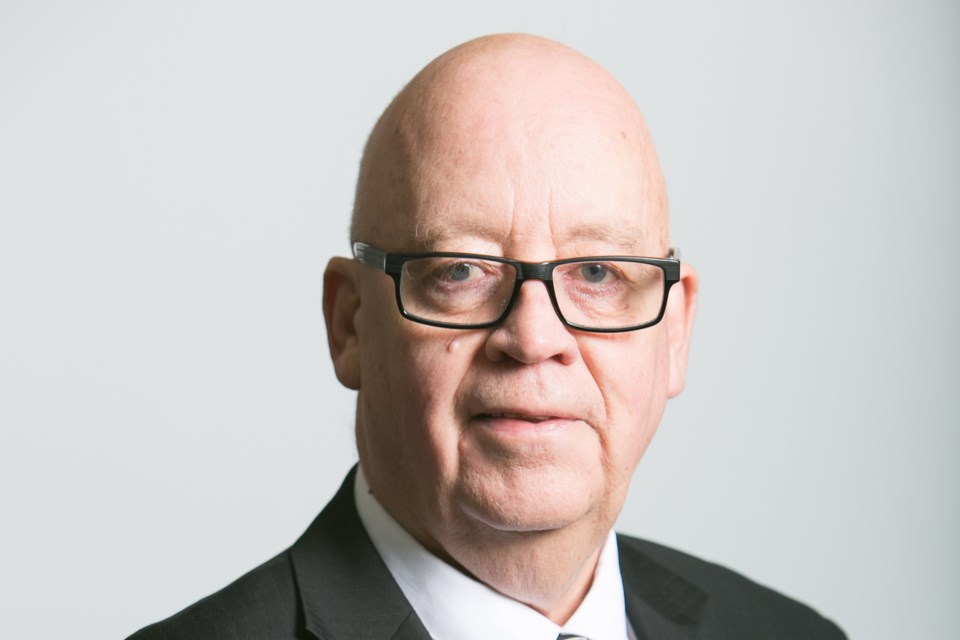The Ebola epidemic of 2014-2016 cost 11,325 lives in West Africa, including 513 doctors, nurses and midwives. About 17,300 children were orphaned.
The devastation was economic as well as personal.
Guinea, Liberia, and Sierra Leone lost $2.2 billion in gross domestic product (GDP) in 2015.
Half the private workforce was thrown out of employment.
The U.S., U.K., Germany and the World Bank spent a total of $3.6 billion on economic aid.
Schooling was hard hit with the loss of 33 weeks in classrooms.
It was plain to see that pandemics like Ebola could be as devastating as wars.
Following the end of the Ebola crisis, a volunteer group of scientists, medical professionals, economists and public servants formed the Commission on a Global Health Risk Framework for the Future.
The leadership came from the affected West African nations and the countries who had provided the $3.6 billion in epidemic aid.
Philanthropists Paul G. Allen Family Foundation, the Ford Foundation, the Bill & Melinda Gates Foundation, Mr. Ming Wai Lau, the Gordon and Betty Moore Foundation, The Rockefeller Foundation, the U.S. Agency for International Development, and the Wellcome Trust, picked up the expenses of the commission.
The National Academy of Medicine, an American non-profit, non-governmental organization provided secretarial organization for world-wide workshops.
In 2016, the commission released a report that estimated pandemics would cost the global economy over $60 billion a year and $6 trillion in the 21st century.
The commission recommended global spending of $4.5 billion annually for prevention and response to reduce the threat posed by pandemics.
The report said “The global community has massively underestimated the risks that pandemics present to human life and livelihoods,
“A pandemic could kill as many people as a devastating war, yet the resources committed to pandemic prevention and response are a fraction of the resources we commit to security.
“There are also very few risks that have greater potential for catastrophic economic impact – potentially on the scale of a global financial crisis. But the measures we are taking to avoid another financial crisis are of an entirely different magnitude.”
The global community learned 100 years ago with the Spanish flu that killer pandemics can cut down millions of victims.
Advances in medicine and epidemiology have given the tools that can fence in and end pandemics.
But the world is not equipped in 2020 for the spread of COVID-19 because politicians have not taken the advice of public health specialists and devote the necessary financial resources to be equipped with the tools needed today.
In the spring of 2020 there isn’t time to fingerpoint and lay blame.
The political accounting can come later.
World wars taught in the last century is that an unprepared nation can win if it is willing to pay the price.
In this century, the nations that were unprepared for COVID-19 can overcome it by paying the price.
Frank Dabbs is a veteran political and business journalist and author.

